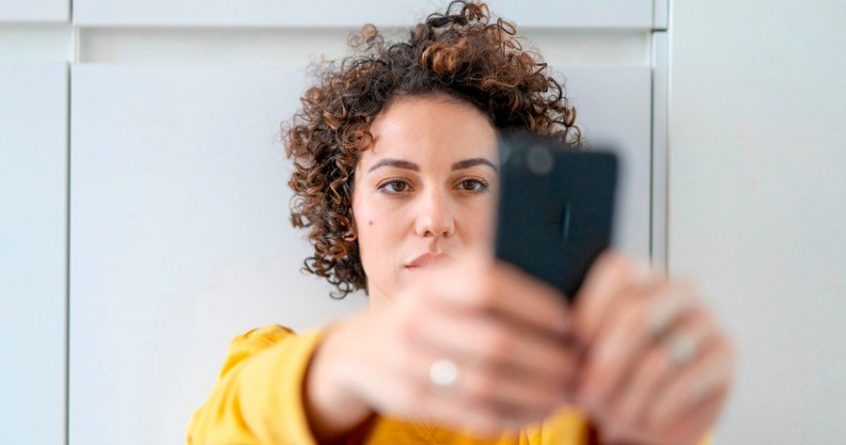Here’s a novel way to get more involved in your post-surgery recovery.
Take a photo on your phone of your wound and send it to your care team so they can spot an infection in double-quick time, heading off infections and anything else untoward.
Apparently these “surgery selfies” result in a lower number of GP visits, plus patients get more useful advice.
So you’d be in charge while you get better and would be helping to reduce pressure on the NHS.
Surgical wound infections remain quite common and are linked to more than a third of deaths after an operation. And they’re costly.
On average, these infections cost the NHS an extra £10,000 per patient because of longer stays in hospital, readmissions after going home, and the extra treatments needed.
To see if photos from smartphones and remote updates on symptoms could be used to diagnose infections early enough, researchers from the University of Edinburgh ran a clinical trial involving 492 patients who’d had emergency abdominal surgery.
One group of 223 patients was contacted on days three, seven and 15 after surgery and asked to do an online survey.
They were also asked about their wound and if it was giving them any problems.
Then they were asked to take a picture of it and upload it to the secure website.
A member of the surgical team assessed the photographs and the patients’ answers were scrutinised for any symptoms of wound infection.
A follow-up at 30 days post-op also asked about infection.
A second group of 269 patients received routine care and were then contacted 30 days after surgery to find out if they had been diagnosed with an infection.
Researchers found the smartphone group were nearly four times more likely to have their wound infection diagnosed quickly compared to the routine care group.
Furthermore, the patients who used their smartphones to give updates had fewer GP visits compared with those who had routine care and were also more successful at accessing post-operative care.
Ewen Harrison, Professor of Surgery and Data Science at the University of Edinburgh and study lead, said: “Our study shows the benefits of using mobile technology for follow-up after surgery.
“Recovery can be an anxious time for everybody.
“These approaches provide reassurance – after all, most of us don’t know what a normally healing wound looks like a few weeks after surgery.
“We hope that picking up wound problems early can result in treatments that limit complications.”
Surgery selfies should be rolled out around the country, helping patients and our NHS recover.

